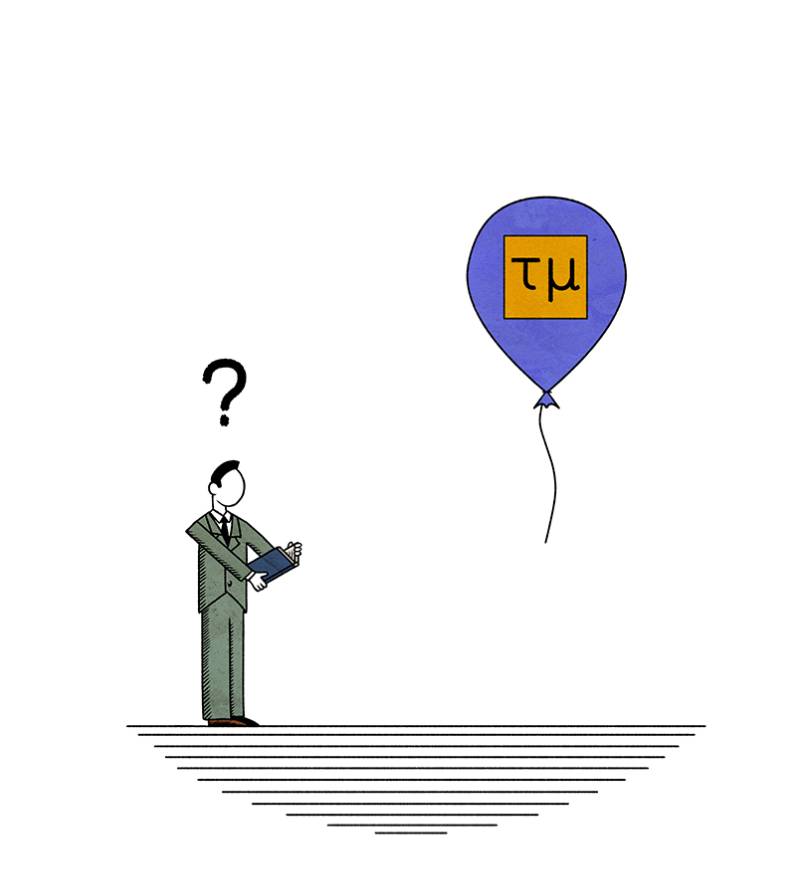Are there rules about trademarking non-English and/or made-up words?
Yes and no. You can file a trademark in any language – English, Spanish, Finnish, gibberish – so long as it is not already registered to someone else in the same, or a similar, class. Here’s the catch: translations count. The Doctrine of Foreign Equivalents asserts that “a foreign word (from a language familiar to an appreciable segment of American consumers) and the English equivalent may be held to be confusingly similar.” In other words, it’s a safe bet that PARADISE and PARADISO are one and the same, so far as a USPTO examiner is concerned.
Names, or words that appear to be, can be similarly tricky. While it is allowable to trademark a brand or product that employs a surname, such applications require documentable proof of permission if the name belongs to a living individual (i.e. CAREN COOK’S CREATIONS would require a disclaimer citing Caren Cook’s permission to use her moniker). Nonsense words, of course, are not held to the same standard, but sometimes a made-up word or phrase can give the appearance of a surname. In these instances, a disclaimer must be issued stating that the mark does not identify a living individual, or that there is no English translation.
All of this to say that research is an important part of the trademark process.

